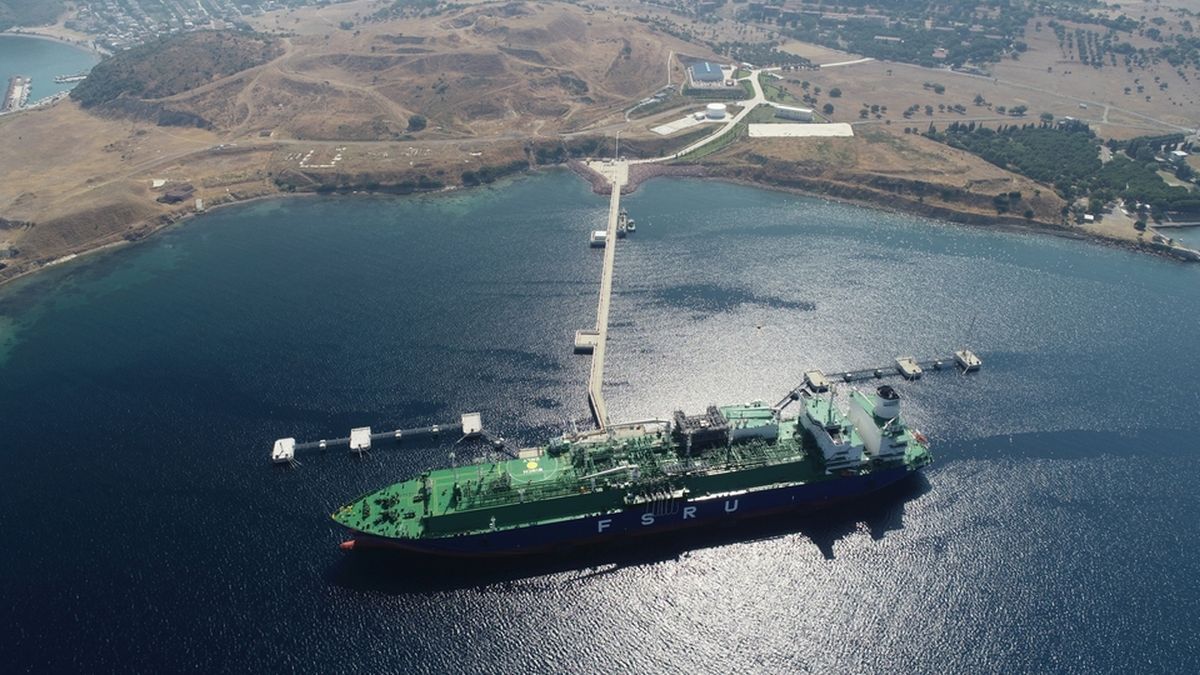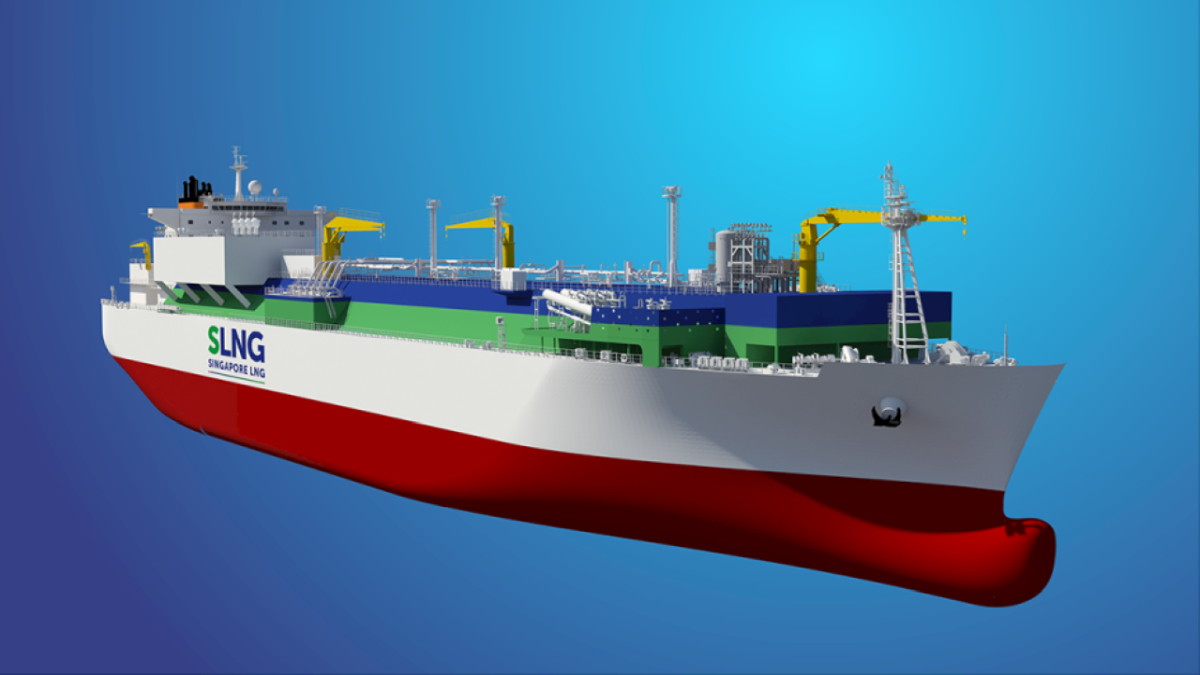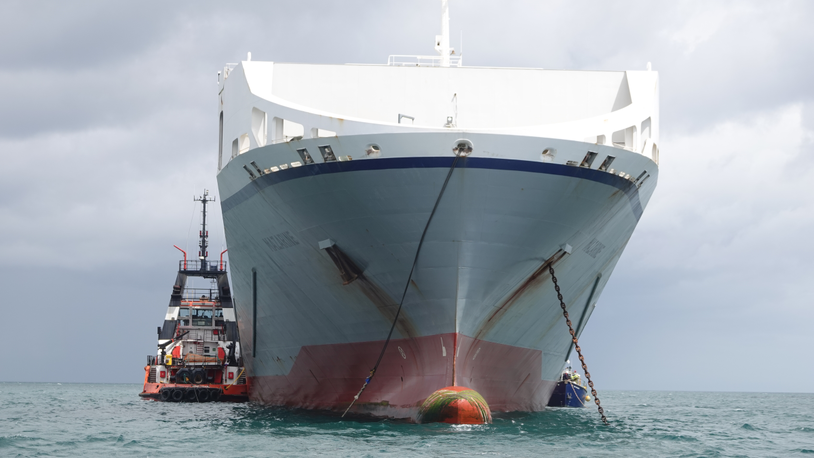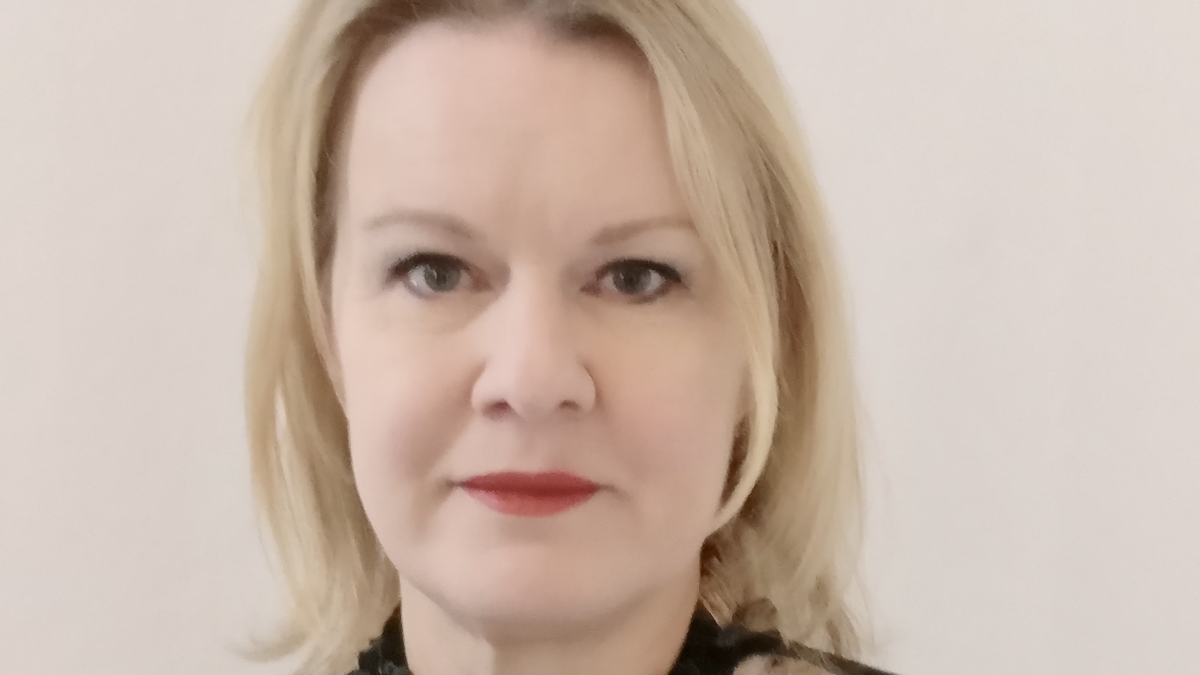Business Sectors
Contents
Women seafarers report high levels of gender-based discrimination, harassment and bullying
WISTA International, Anglo Eastern, International Seafarers Welfare and Assistance Network (ISWAN) and International Chamber of Shipping (ICS) conducted a public online survey designed to examine how female seafarers perceived discrimination and how it manifested on board. The complete findings from the survey and recommendations are published in The Diversity Handbook, being launched at the WISTA International conference in Geneva, Switzerland, on 26 October 2022
The survey covered 1,128 women seafarers from 78 countries, with 60% of women reporting encountering gender-based discrimination on board, 66% of respondents agreeing that male employees had turned to harassing and intimidating female co-workers and 25% reporting that in the shipping sector, physical and sexual harassment is common, occurring on board and involving violations of privacy.
The Philippines (399) had the largest proportion of respondents, followed by the United States (98), the United Kingdom (57), South Africa (51), Brazil (47), India (41), Peru (36), Colombia (35) and Indonesia (35).
The majority of respondents, approximately 90%, work on cruise ships, with the remainder employed on cargo ships, gas and oil tankers, container ships (>8,000 TEU), general cargo/geared vessels, chemical tankers, bulk carriers and tugs.
The survey also made it possible to collect data on company harassment and bullying policies, company and industry hotlines and the effect of the pandemic on women’s experiences at sea, providing insights into how businesses may operate in the sector to promote gender diversity and dispel prejudice.
More than a third, 34% of respondents acknowledged feeling alienated or neglected due to their gender, while 29% of the respondents had encountered harassment and bullying on board. More than 1 in 10, 13% of the surveyed seafarers, reported being offensively approached over various types of media, while a majority 70% of these women seafarers claim it was their male colleagues who perpetrated such offensive harassment on board.
A quarter, 25% of respondents admitted to having encountered on board harassment, including being approached with personal questions, overly familiar remarks or being invited to meet in the cabin on a private basis.
These levels of response indicate a widespread issue with on board harassment where victims are subjected to numerous threats. The statistics show the vast majority of those engaging in such crimes are male seafarers (88%), while other instances (11%) involve both male and female co-workers, and only about 1% involve women.
On board harassment involved privacy violations such as uncomfortable persuasion, inappropriate remarks and body shaming, according to respondents. An overwhelming 90% of violations were made by male co-workers, while 8% were male and female and only 2% were female seafarers.
Almost all, 97% of respondents confirmed the companies employing each of them had harassment and bullying policies in place.
Organisations must ensure that harassment policies are extensively publicised to increase their visibility, level of awareness, and stringent on-the-ground enforcement.
Some 80% of the female seafarers polled reported their immediate superiors had spoken with them about the company’s anti-harassment policy. However, again, it is important to note that 60% of these acknowledged experiencing harassment while on board and admitted they were unsure of what to do in such circumstances.
Although 73% of the respondents said they felt comfortable escalating their concerns to their senior officers, only 13% reported such incidents to their superiors, and only 7% of those were satisfied with the outcome. The efficiency of seafarer harassment helplines, their availability and how the concerns of the seafarers are addressed at the source must all be drastically improved.
The first handbook on gender diversity launched in January 2018, and both handbooks were initiated by WISTA India founder and WISTA International executive committee member from 2014-2021, Sanjam Sahi Gupta.
“There is an urgent need to create a more diverse, inclusive and equitable maritime community, with women seafarers deserving a respectful and safe working environment. The recent report revealed unacceptable figures with women facing gender discrimination, harassment and bullying on the sea. The shipping sector is at risk due to a lack of new talent. Over the next decade, there will likely be an even greater need for qualified seafarers. One of the best and most effective strategies to stop the growing disparity is adopting gender-inclusive policies within a safe work culture,” Ms Gupta said.
"WISTA International, through its diversity committee, is working hard to highlight the need for the maritime sector to move from equality to equity. This is an essential distinction because equity ensures everyone has a fair opportunity to make the most of their lives and talents according to their circumstances. This should apply the same at sea as on land. These figures should be a wake-up call to the maritime sector and we will continue at every opportunity to raise the issues and bring about change,” WISTA International president Despina Panayiotou Theodosiou said.
Ongoing campaigns from organisations including IMO, ITF and ICS could make a real difference in attempting to improve through indepth research into the issue and by consistently engaging with employers and reputable maritime universities. The campaigns should promote the recruitment of more women seafarers while ensuring that women who are accepted on board will have conducive, safe and inclusive working environments.
Note: this analysis originally appeared on the WISTA website. It has been lightly edited for clarity.
Formed in 1974, Women’s International Shipping & Trading Association (WISTA International) is a global organisation connecting female executives and decision-makers around the world.
Riviera Maritime Media has a comprehensive conference programme for the rest of 2022 and will provide free technical and operational webinars in 2023. Sign up to attend on our events page
Related to this Story
Events
Maritime & Offshore Community Golf Day 2025
Offshore Wind Webinar Week
Maritime Decarbonisation, Europe: Conference, Awards & Exhibition 2025
Offshore Support Journal Conference, Americas 2025
© 2024 Riviera Maritime Media Ltd.













